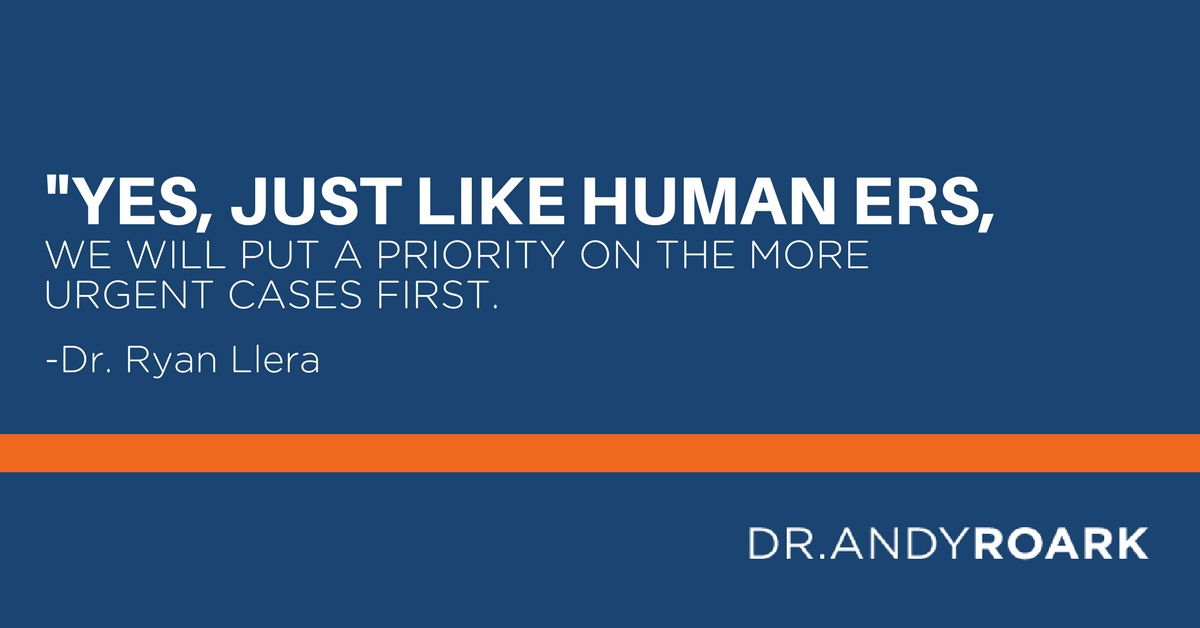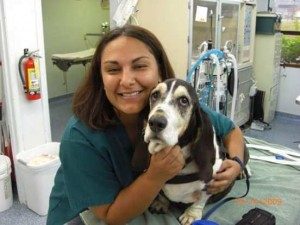Perhaps in no other societal system [The United States of America] is this positive view of codependent behavior more evident than in the health care system. The health profession, with its emphasis on devotion to the care of others, is an ideal medium for the expression of the codependent person. It has been purported that many codependent persons have become professional caregivers for this very reason.
Clark and Stoffel, 1992, p.823

I have been a veterinarian for over nine years and I cannot open my social media these days without reading another article on veterinarian psychology, suicide, and a general sense of anxiety about the direction and culture of our profession. This topic, although somewhat disheartening, is a welcome breath from the culture of silence that I entered into as a naïve 26 year old. I have to ask myself, are we really hitting the nail on the head with our self-diagnosis? Or, are we speaking about the corners and edges of a bigger problem in our noble profession.
It’s is my belief that veterinary medicine has mis-stepped in two different ways in the last 40+ years fostering a culture of codependency that is self-destructive to our most vital members: the health care team.
First, we have to look at what Codependency is to understand my concerns. My favorite definition of the term is offered by Clark and Stoffel’s 1992 research article Assessment of Codependent Behavior in 2 Health Student Groups. They identify codependents as having “(A willingness) to sacrifice so much of themselves that they set aside their own physical, emotional, and psychological needs for the sake of others. They are detrimentally selfless.”
Does this sound familiar? I know it does for me. It reminds me of the time I needed to see my own doctor for the first time in over 18 months. I had arranged with my employer to be covered over my lunch break to rush to my physician’s office for needed attention. As I was entering my doctor’s office, I received a phone call about a coding patient and was told to return to work immediately. My employer had been unreachable, and it turns out there was only me to help save that cat. I missed my appointment. Frustrated, I cried as I drove back to work.
So how has veterinary medicine missed the mark? First of all, I believe that the recruiting process has selectively chosen a population of promising candidates that are prone to the problems of codependency. Historically, the students with the highest GPAs and the most selfless societal contributions have been hand picked for the coveted spots in our educational system. Alice Miller’s ground-breaking book The Drama of the Gifted Child describes a subset of children, often the product of an alcoholic or neglectful family situation that adapt by earning the attention they need to survive. They become flawless at both accolades and the intuition needed to traverse their treacherous home-life. They look like superstars on paper, complete with the compassion our profession reveres. Indeed, they look good enough to deserve a spot in the next freshman class. We are seeking codependents in our interviewing process.
The second key component of this complex topic lies within the four walls of the typical American veterinary hospital. I hear whispers of it every day when I’m at work. A stressed new veterinarian saying to me “I want to produce more than any other doctor at this hospital.” When I asked her why, slightly perplexed, she answered that it was of course, not about the money (it never is in our profession!) it was about proving her worth to her employer.
It makes me think back to a time when I did emergency work as a new veterinarian. I was asked to come in on the following day to do a corrective surgery on a failed eyelid procedure without pay, when the rest of the hospital was closed, in the middle of the largest blizzard the region had had in 15+ years. Huh? Does that sound reasonable to anyone? Is the bar set so high in our profession that striving past reasonable limits is the only way to feel successful? In no way does the blame rest squarely on one section of the profession. I believe leaders and practice owners are under a separate set of stressors that can become overwhelming in their own personal lives. The truth remains; we are encouraging codependents as the prototypical “ideal worker.”
Blame need not be placed, but maybe a new understanding needs to happen in this kinder, gentler version of veterinary medicine that is slowly gestating. If you find yourself detrimentally selfless, struggling with martyrdom, self-sacrificing, and functioning with an empty vessel of self-compassion, there are resources for help available through CODA (codependents anonymous) and even AL anon.
I leave this topic with a few personal words of advice. It’s OK to say NO. It’s OK to turn away an abusive client. It’s OK to see your own doctor, counselor, or your loved ones. We all need to look in the mirror and practice unqualified self-compassion. Try it tonight.
The views and opinions expressed in this article are those of the author and do not necessarily reflect the position of the DrAndyRoark.com editorial team.
 Dr. Kara Moore received her Doctorate in Veterinary Medicine from the University of Florida in 2008, after which she practiced emergency medicine for 3 years in the northeast.
Dr. Kara Moore received her Doctorate in Veterinary Medicine from the University of Florida in 2008, after which she practiced emergency medicine for 3 years in the northeast.
In 2011, Dr. Moore and her navigator, Bruce the Boston terrier, took the trip down to Texas, where Austin became not just a new home, but a way of life. She is currently practicing medicine as a relief veterinarian in the greater Austin area.

 About the Author
About the Author
 ABOUT THE AUTHOR
ABOUT THE AUTHOR ABOUT THE AUTHOR
ABOUT THE AUTHOR